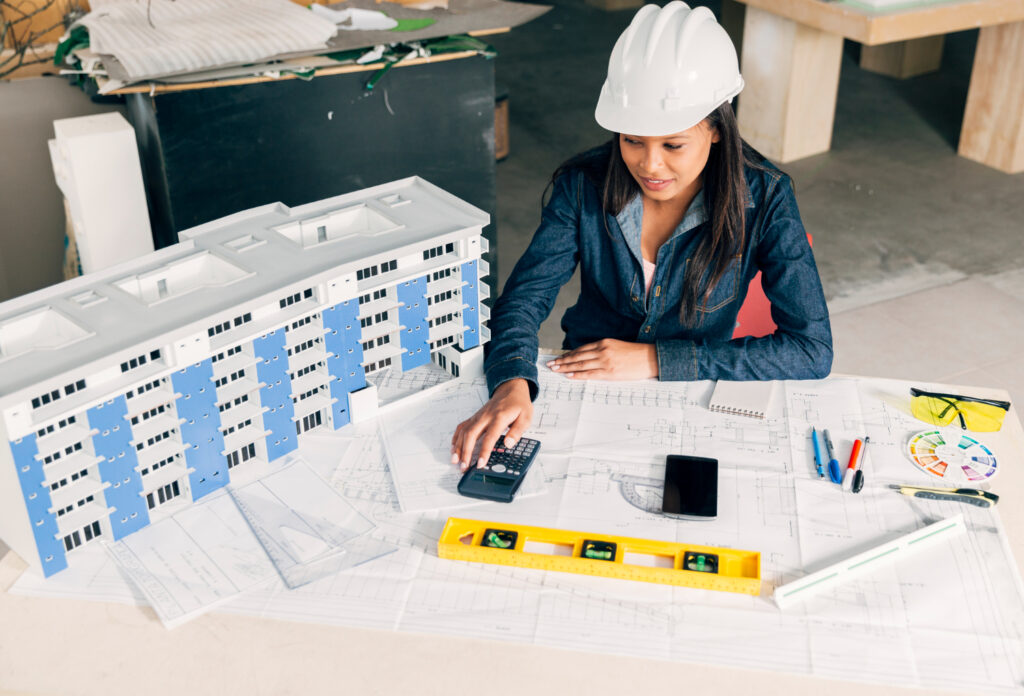Commercial Design
Home / Commercial Design
Commercial Design

Understanding Commercial Design
Commercial design focuses on planning and developing interior and exterior layouts for business spaces such as offices, retail stores, restaurants, and showrooms. It combines architecture, interior design, and brand identity to enhance performance and appeal.
Different types of commercial designs are tailored to specific business needs:
Office Design
Optimizes workspace flow, lighting, and ergonomics to boost employee comfort and productivity.
Retail Design
Creates engaging layouts that attract customers and enhance the shopping experience.
Hospitality Design
Focuses on welcoming, functional spaces for hotels, cafes, and restaurants.
Why it matters:
A strategic commercial design not only supports daily operations but also strengthens a company’s image, customer experience, and business growth.
Key Components of Commercial Design
Space Planning: Efficient layout to support work processes and customer flow
Brand Integration: Incorporating brand colors, themes, and identity into design
Lighting & Acoustics: Enhancing mood, comfort, and productivity
Material Selection: Choosing durable, high-quality materials suitable for commercial use
Safety & Accessibility: Ensuring compliance with building codes and safety standards
Steps in the Commercial Design Process
Requirement Analysis – Understand business goals, brand values, and space function
Concept Development – Create design ideas aligned with the company’s image
Space Planning & Layout – Optimize area usage for efficiency and aesthetics
3D Visualization & Detailing – Present lifelike previews for client approval
Final Design & Implementation – Deliver drawings and specifications ready for execution
Why Effective Commercial Design Matters
Professional commercial design delivers:
Enhanced Productivity: Well-structured layouts improve workflow and comfort
Stronger Brand Image: Reflects the company’s identity and professionalism
Customer Attraction: Welcoming spaces increase engagement and sales
Operational Efficiency: Smart design reduces clutter and maximizes usability

